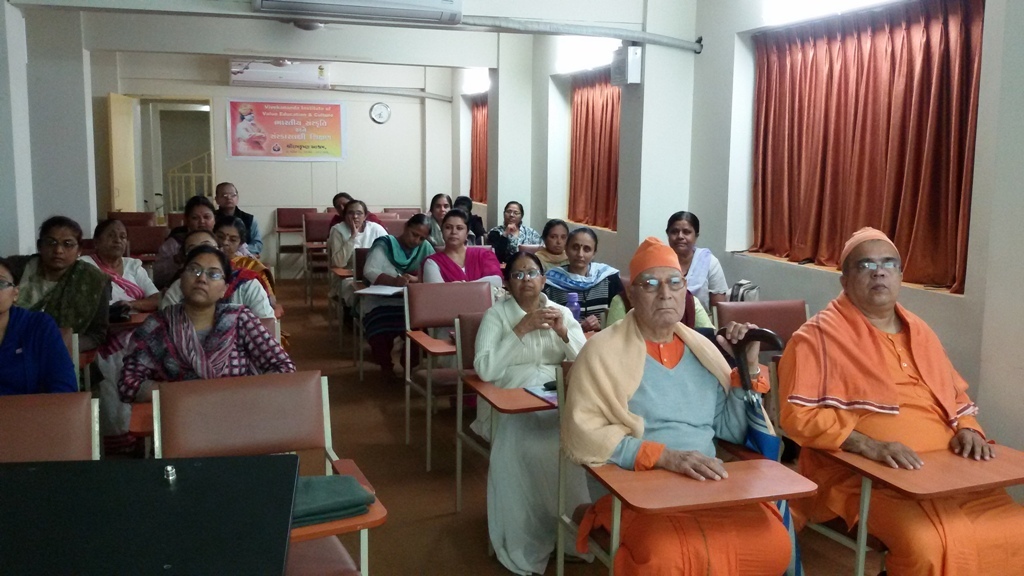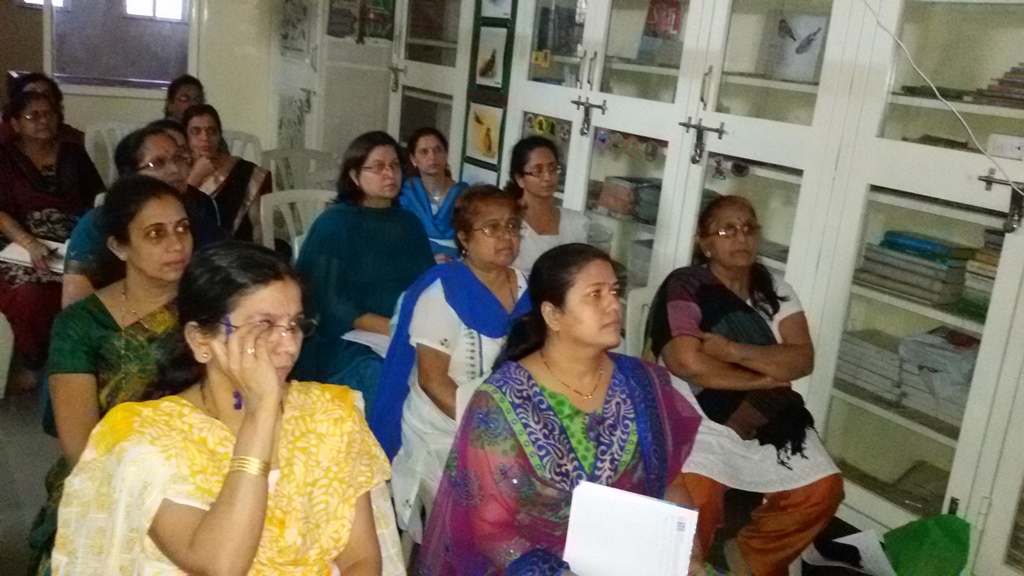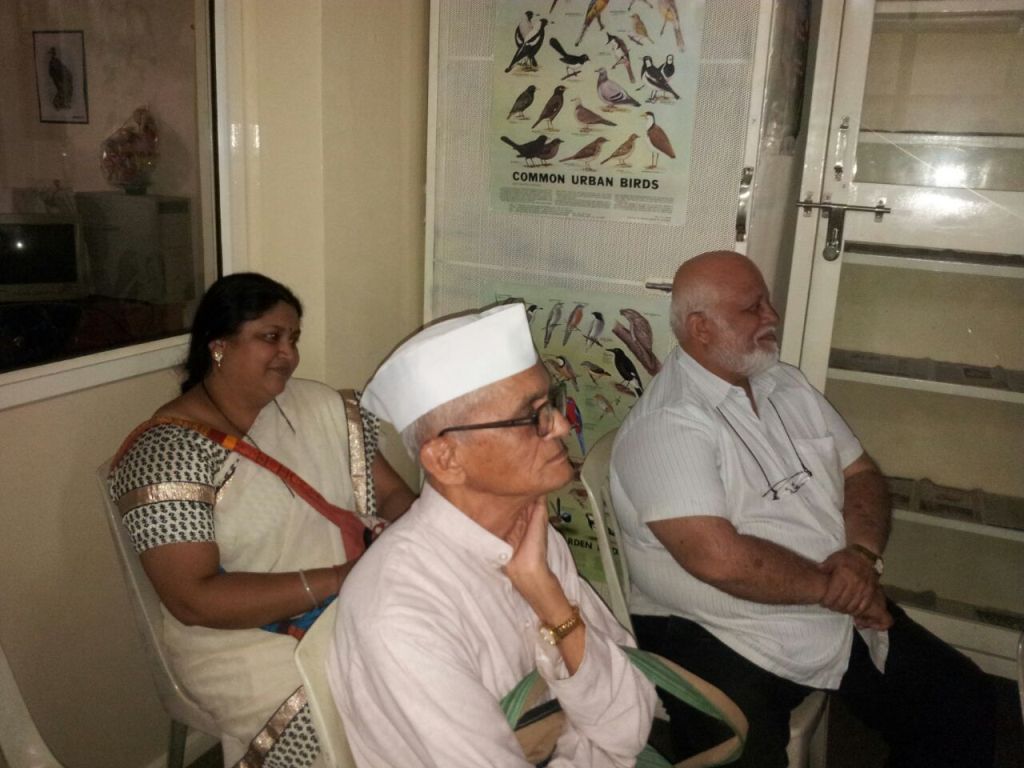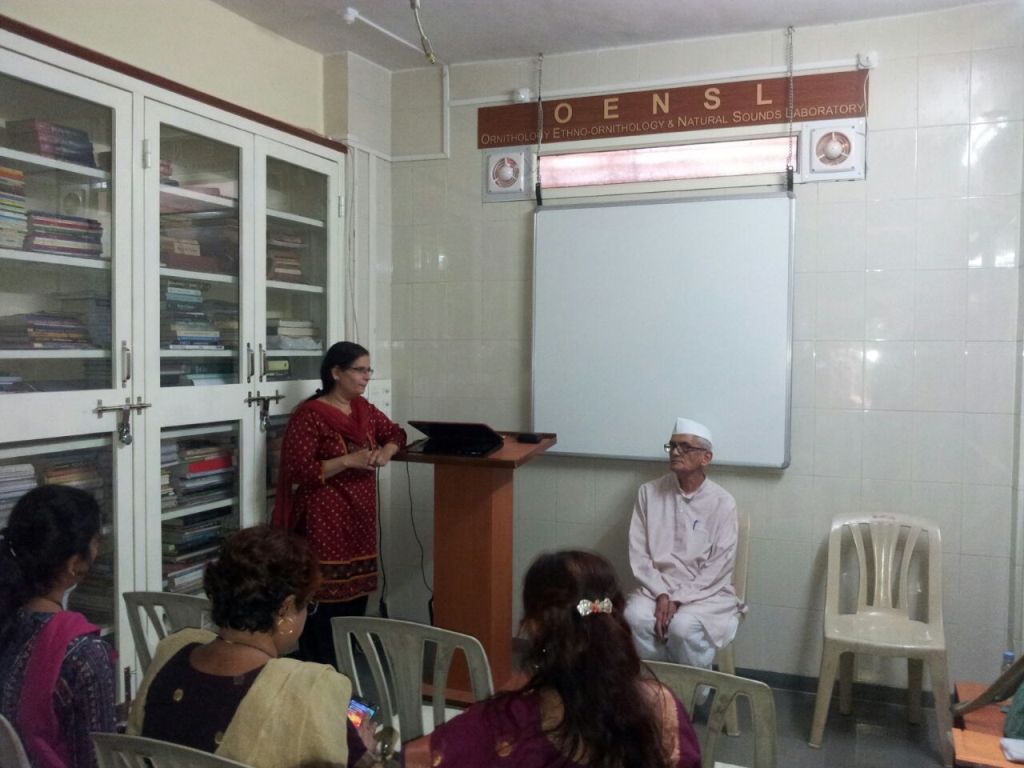Purpose of the courses –
“Empowering ourselves through learnings from Indian culture, literature, heritage and their message of Nature Conservation Values”
Courses conducted by Dr. Suruchi Pande.
Vice-Chairperson, Ela Foundation and
Head, Ethno-Ornithology Dept.
“Ornithology Ethno-ornithology and Natural Sounds Laboratory”,
Garware College, Karve Road, Pune.
Previous knowledge/background of Sanskrit language is NOT required.
Being the most fundamental guiding force behind molding a child’s life as teachers or parents or responsible citizens, it is our moral responsibility to enlighten our children on the history and culture of the motherland they belong to. Just as we enlighten them on their lineage and the more worldly accomplishments that they must strive for; isn’t it important to inculcate value based education and impress upon them a sense of appreciation for our rich Indian culture and diverse history? Value education, unfortunately in many schools is regarded as a rigid moral training module and has taken shape of a programmed set of rules that a child must follow. We bring to you the essence of education and facts culled from authentic source materials of our great spiritual and cultural heritage.
Medium – Marathi or Hindi. All lectures are with Power point presentations.
Our glorious and relevant heritage will be conveyed and highlighted.
Why it is crucial for one to attend?
For the rejuvenation of the nation and to reclaim that gloriousness of the past, we must embrace the thought processes, the literature and the knowledge that made India, the rich Bharat that it was, until not more than 400 years ago.
The module is designed to impart deep insights into our great heritage, provide a comprehensive framework based on Sanskrit literature that embodies it, empower us intellectually, stimulate ourselves to learn about Vedas, Upanishads, Epics and Puranas etc., preserve and transmit to the future generations of India.
This module will also help you to understand the unexplored truths and relevant thoughts, true spirit behind celebration of festivities and ceremonies so people celebrate them in their true spirit and not with total apathy by regarding them as just another celebration.
Many harbor skepticism fearing that the teachings and learnings could provoke feelings of religious fanaticism. Such misgivings should be cleared – Religion is not karma kanda.
Attending the course will only open your mind to new avenues outside of mere academics and instill a feeling of oneness with all people irrespective of their caste, creed or religion.
Throughout the module reference of original texts is encouraged as there is the possibility that condensed versions and interpretations will cause confusion.
These courses are run for the last ten years.
Certificate of participation will be given.
Generally when a group of 15 participants is formed, the new batch is started.
- Nature Conservation and Sanskrit Literature.
- Introduction to Sanskruti, Vedas and Vedangas.
- Introduction to the Upanishadas.
- Indian Concept of Intelligence.
- Introduction to the Puranas.
- Introduction to the Bhagavadgeeta.
- Introduction to the Smruti Texts, 16 Samskaras and the history of Women's education.
- Introduction to various ancient Indian Sciences.
- Introduction to Ethno-Ornithology.
- Introduction to Ethno-Botany.
- Evolution of the Concept
- Ideology
- Reflections in Iconography (iconography means ‘murti shastra’)
- Message of Nature Conservation
- Cultural, Religious Aspects and Nature Conservation
- Social Aspect and Nature Conservation
- Influence on arts
- Shiva (2 lectures)
- Krishna (1 lecture)
- Vishnu (1 lecture)
- Ganapati (1 lecture)
- Shakti (stree devata) (2 lectures)
- Buddha (1 lecture)
- Narmadashtaka Stotra
- Ganga Stotra
- Yamunashtaka stotra
- Vishwathashtaka stotra
- Annapurna stotra
- Ardhanarishwara stotra
- Mrutyunjaya manasapooja stotra
- Atharva sheersha
Note : *Days (except Wednesday) and dates are flexible. If the participants can attend the lectures twice a week the course can be completed earlier.




